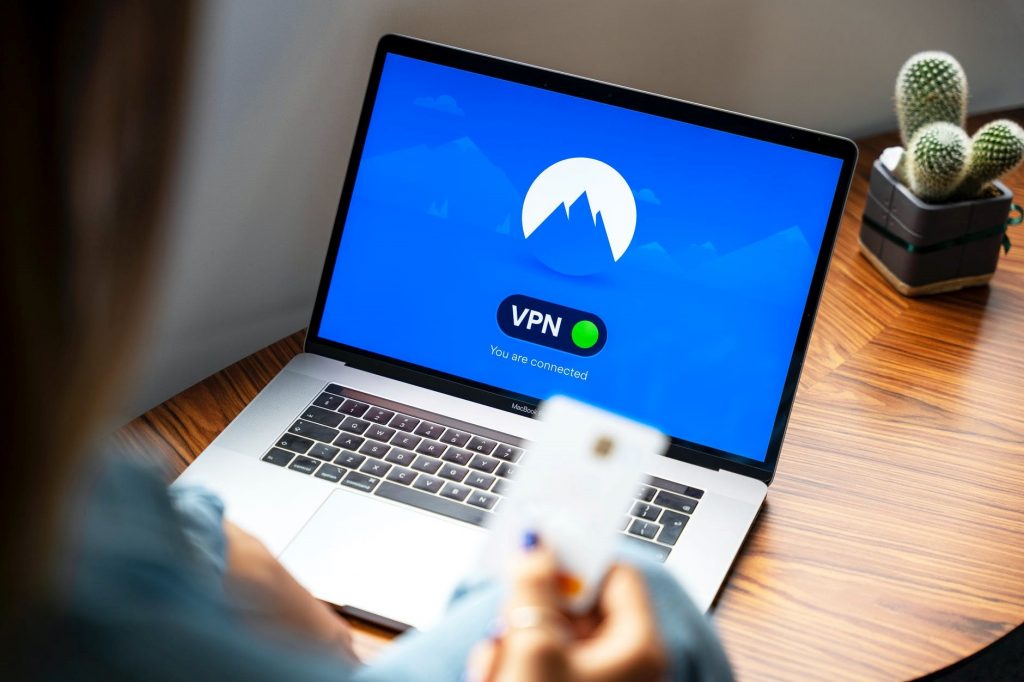5 Effective Tips to Guard Your Online Browsing

According to an authoritative research, nearly 81% of people have little control over data collected from them in many ways? Furthermore, in today’s technological era, online privacy and security is becoming one of the top challenges for people of all ages.
So, getting rid of these rapidly growing security and privacy concerns has become a necessity of the hour, and failing to take precautions can lead to a variety of unfavorable outcomes.
In this article, we will share with you some effective tips on how to easily secure your online activities and maintain control over all of your private data.
Take advantage of VPN
It’s highly recommended to using a VPN for Windows, especially if you are someone who goes online frequently and cannot compromise on privacy. A VPN not only secures your Internet connection via virtual servers, but also protects your browsing activity and identity from prying eyes.
It doesn’t matter if you’re already connected to a secure Wi-Fi network or using public Wi-Fi; it’s always a better idea to use a VPN so that no one can monitor your activity or access your private data from the outside.
What is iTop VPN?
In terms of both free and paid versions, iTop VPN is regarded as one of the best VPNs. It is not just a low-cost VPN, moreover it can unblock any type of geographically restricted content.
This VPN, which has over 1000 servers in over 100 countries, allows you to enjoy a fast and stable connection. It provides three connection modes and unlimited bandwidth to allow you to explore the Internet without restrictions and to provide a seamless experience.
Due to its military-grade protection and the Kill Switch feature, you can now rest assured that your confidential information is safe. What’s more important, it can be served as a free VPN. Why not have a try?
Use a strong password.

Setting strong passwords for all of your important accounts is a great way to keep your online activities secure. It is highly suggested that you use a different password for each account or login, and you should try to use a password that is more than ten characters long and contains a combination of letters, numbers as well as symbols.
If you are unsure about which combination password is best for you, you can use online password generators or password manager app.
Be cautious of phishing scams.
Phishing scams are now the most common security challenge for most people, and they are rapidly becoming a major threat. The goal is to steal sensitive user data such as login credentials and credit card numbers.
Scams can be carried out in a different kinds of ways, but the most common are phone calls, text messages and emails. Anyone can easily avoid them by not opening or clicking on links or attachments from unfamiliar sources or domains.
Always keep your OS and programs up-to-date.
Hackers are constantly attempting to employ new tactics and technologies in order to monitor your online activities and steal data. As a result, it is critical that you enable automatic updates for all your programs and operating system.
Updating software for your PC on a regular basis adds many new features and improves stability with software patches. In addition, ensure that you have installed the most recent antivirus and anti-malware software on your system and remember to check for updates on a daily or weekly basis.
Backup your data.
It’s a good idea to keep a backup of all your important data on an external hard drive or online storage services. This can be extremely useful if your system is accidentally damaged, hacked, or your data is infected with a virus.
If you use Windows 10, you can easily backup and restore your important system data, such as settings, apps, files, and more, by using the “Backup and Restore” feature. Otherwise, a bunch of useful and free software from third parties are available for this purpose too.

“Evil coffee nerd. Analyst. Incurable bacon practitioner. Total twitter fan. Typical food aficionado.”







:quality(70)/cloudfront-us-east-1.images.arcpublishing.com/elfinanciero/YDG4472QRJGMPHNKW6S4XD76GI.jpeg)

/cloudfront-eu-central-1.images.arcpublishing.com/prisa/X33WQ3GSYFF3DBKJDAVIGHN3DA.jpg)

